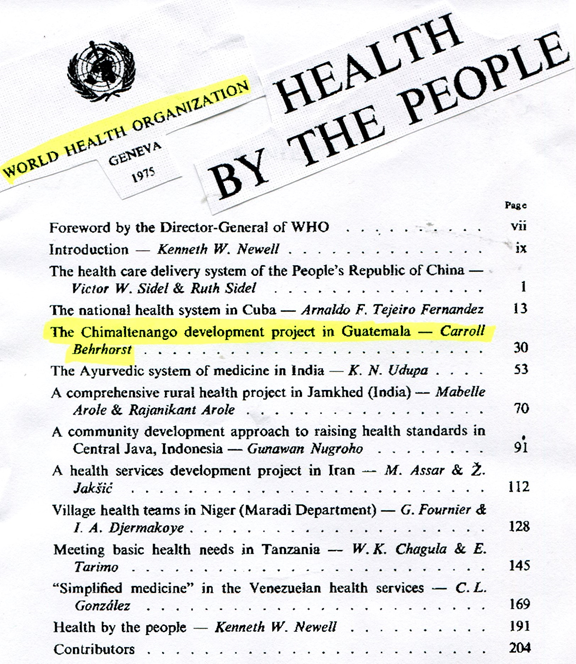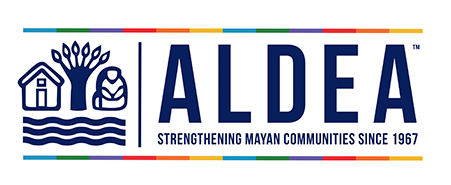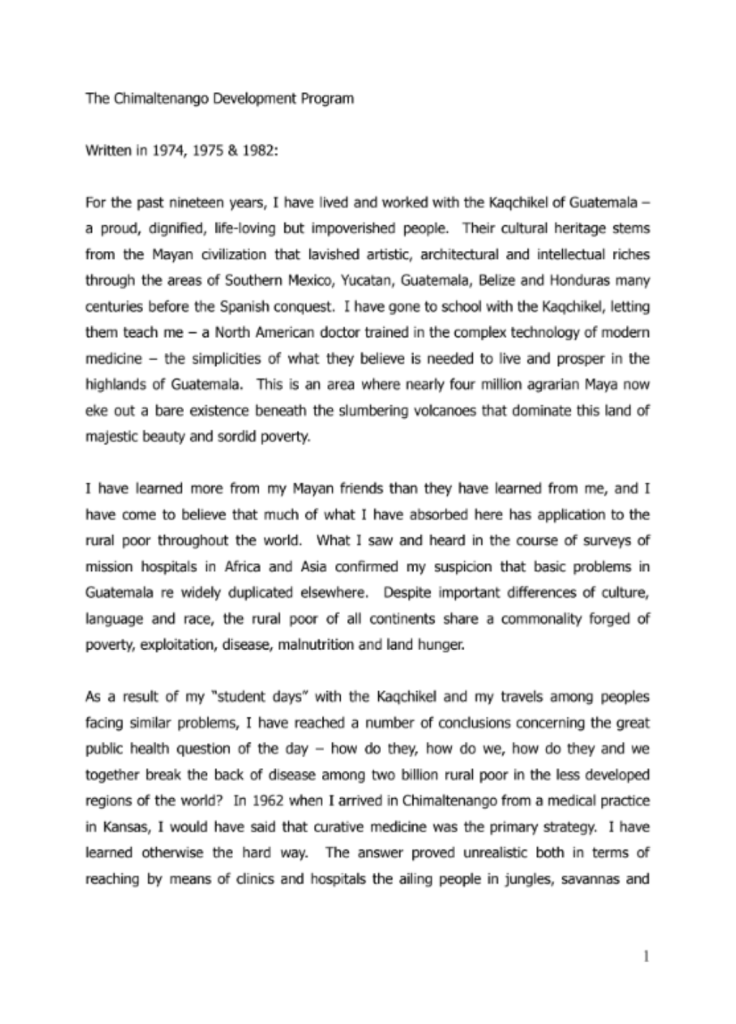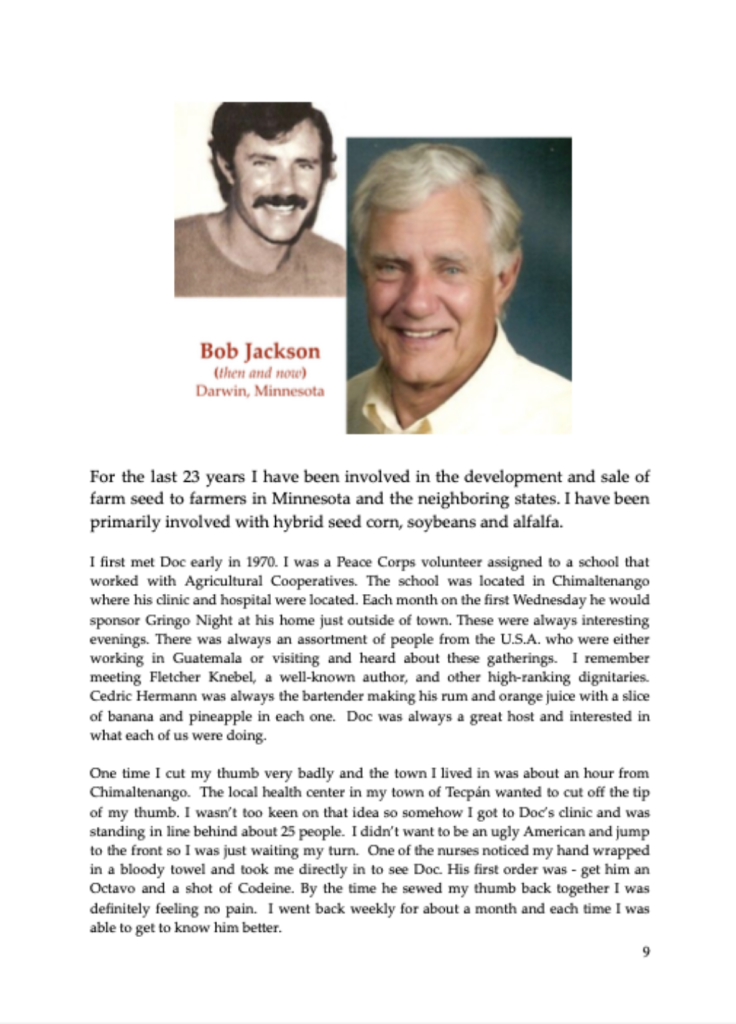
The World Health Organization cites Behrhorst’s work in Chimaltenango as one of ten models, worldwide, for effective work among the rural poor.
This was a major recognition of Behrhorst work. By this time, Behrhorst, in collaboration with others in Guatemala, had established “spin offs” which addressed some of the priorities noted earlier. Each of these is a story on its own:
– ULEU was an ambitious program to provide loans for land-strapped Mayans to purchase adequate pieces of land. “Uleu” is the Kaqchikel word for land.
– Kato-ki (Kaqchikel: “We help ourselves”) was formed as a credit union and agricultural cooperative to enable farmers to have access to affordable fertilizers and seed.
– Women’s programs, addressing issues of family nutrition as well as birth spacing, were run by the nursing staff out in villages, in collaboration with the male health promoters.
– Also underway was the establishment of a second Behrhorst Program in Uspantán, Quiché in northern Guatemala, modeled after the Chimaltenango program.
Doc was invited around the world, including to Haiti, India, and Papua New Guinea, to offer his counsel on new primary health programs.


